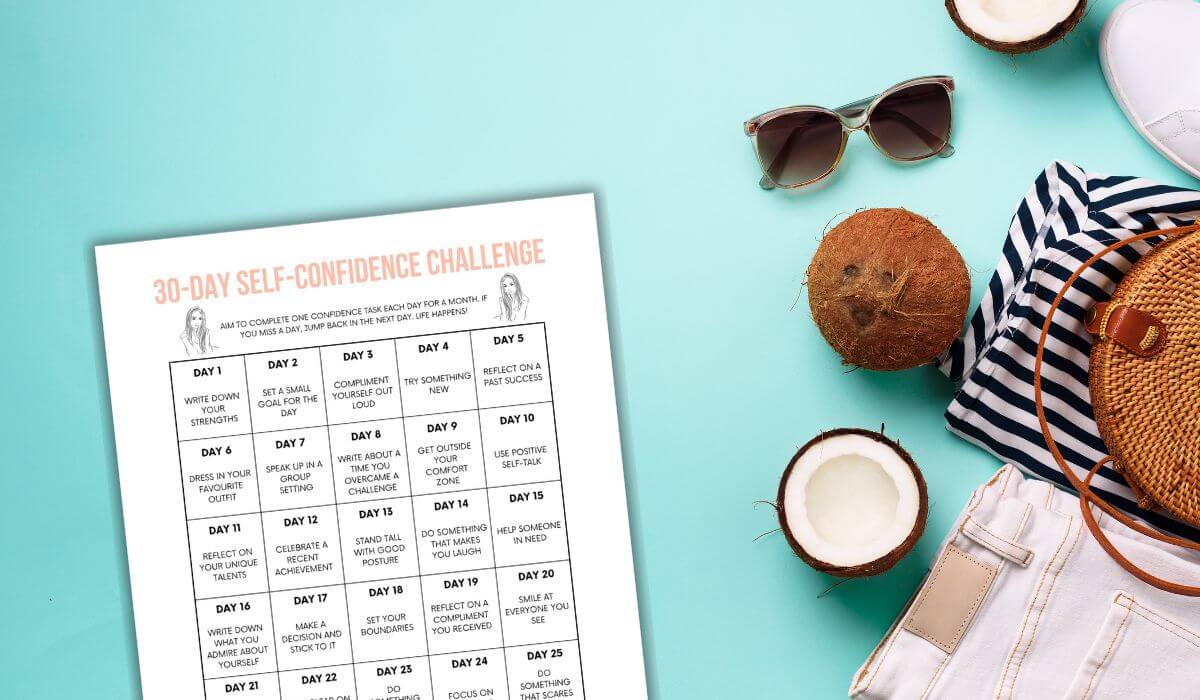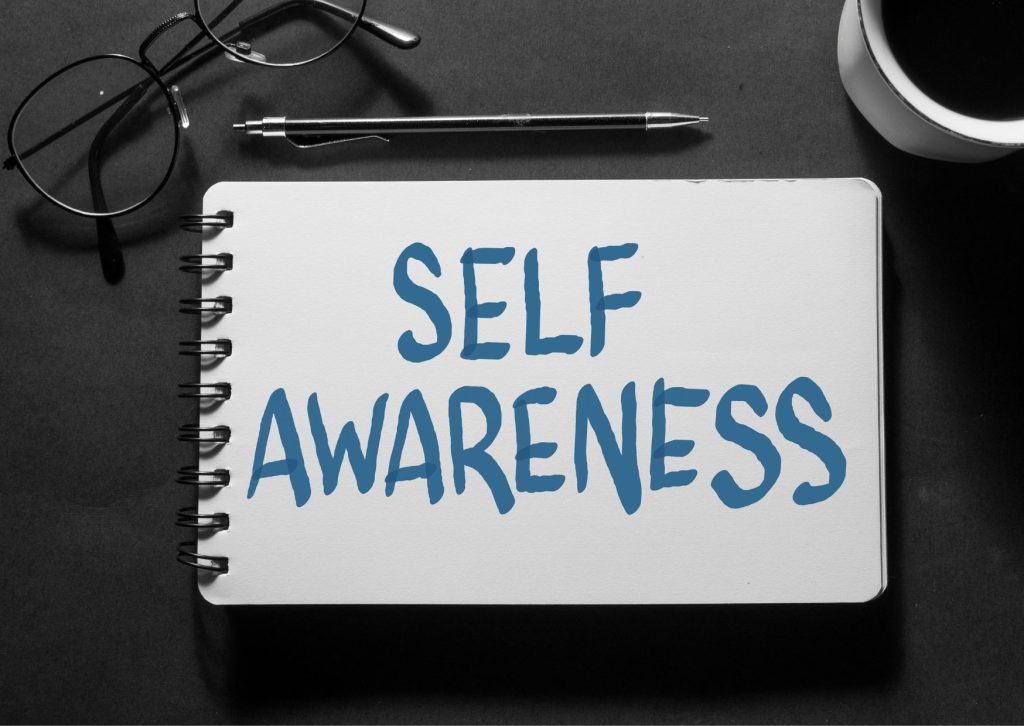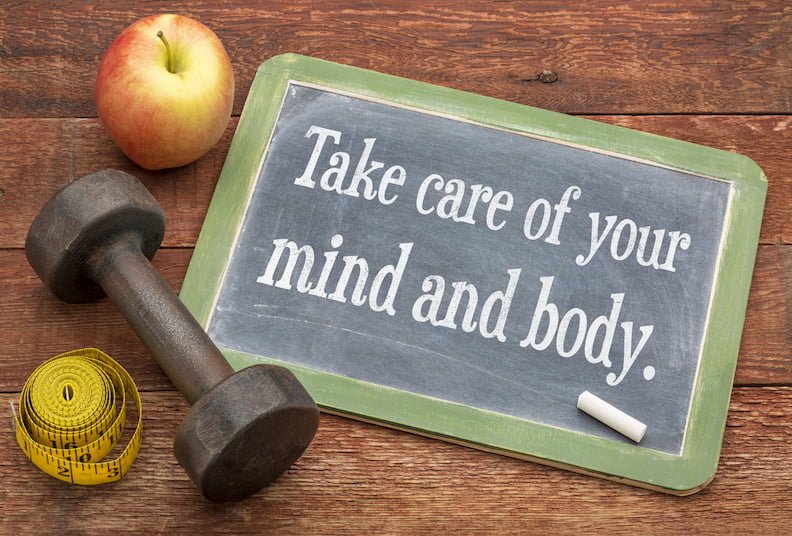How to build confidence in your daily life

Confidence is not something you are born with—it is a skill that can be nurtured and strengthened over time. It shapes how we interact with others, approach challenges, and pursue opportunities. People with confidence often enjoy better relationships, career success, and a sense of self-assuredness that positively impacts every aspect of life. If you’ve ever felt insecure or hesitant in daily situations, the good news is that confidence can be cultivated with consistent effort. Here’s a practical guide on how to build confidence in your daily life.
1. Start with Self-Awareness

Confidence begins with understanding yourself. Take time to reflect on your strengths and weaknesses. Make a list of things you excel at and accomplishments you’re proud of. At the same time, acknowledge areas that need improvement without being overly critical. Self-awareness allows you to set realistic goals and celebrate small victories, which gradually reinforce your self-esteem. Journaling or keeping a personal reflection diary can help you track progress and maintain perspective on your growth.
2. Set Achievable Goals
Confidence grows when we achieve what we set out to do, no matter how small. Break down larger tasks into manageable steps and focus on completing them one by one. For example, if public speaking makes you anxious, start by speaking in front of a mirror, then to a small group of friends, gradually increasing your audience. Each achievement, however minor, builds momentum and reinforces the belief that you are capable.
3. Practice Positive Self-Talk
The way you speak to yourself matters. Many people sabotage their confidence with negative self-talk, such as “I can’t do this” or “I’m not good enough.” Replace these thoughts with affirmations and encouraging statements. Remind yourself of past successes and your ability to overcome challenges. For instance, say, “I am prepared and capable” before a presentation, or “I am learning and growing” when trying something new. Over time, positive self-talk rewires your mindset and makes confidence more natural.
4. Take Care of Your Body and Mind

Physical and mental well-being directly impact confidence. Regular exercise, a balanced diet, and adequate sleep contribute to energy and focus. Exercise, in particular, releases endorphins, reduces stress, and improves posture—an important but often overlooked confidence booster. Mental health practices such as meditation, deep breathing exercises, or mindfulness can help reduce self-doubt and cultivate inner calm, allowing you to face situations with assurance.
5. Step Out of Your Comfort Zone
Growth happens outside your comfort zone. Push yourself to try new activities, meet new people, or tackle tasks that seem intimidating. Initially, you might feel nervous or uncertain, but each successful attempt strengthens your confidence. Remember, confidence is less about being fearless and more about acting despite fear. Over time, repeated exposure to challenging situations builds resilience and reinforces your self-belief.
6. Improve Your Communication Skills
Effective communication is a cornerstone of confidence. Clear, assertive communication allows you to express your thoughts, needs, and boundaries without hesitation. Practice active listening, maintain eye contact, and use a calm tone when speaking. Engaging in conversations regularly, joining clubs or discussion groups, or taking public speaking classes can enhance your communication skills and, in turn, your confidence in social and professional settings.
7. Surround Yourself with Positivity

The people you spend time with influence how you feel about yourself. Surround yourself with supportive, encouraging individuals who uplift you rather than those who bring negativity or criticism. Positive relationships foster a sense of belonging and validation, which strengthens self-confidence. Likewise, limit exposure to toxic environments or media that triggers self-doubt and comparison.
8. Embrace Mistakes and Learn from Them
Confidence does not mean never failing—it means approaching failure with resilience. Mistakes are opportunities to learn and grow rather than proof of inadequacy. Reflect on what went wrong, identify lessons, and apply them moving forward. Each time you overcome a setback, your confidence grows, and your fear of failure diminishes.
9. Celebrate Small Wins
Finally, acknowledge and celebrate your achievements, no matter how minor they may seem. Completing tasks, making progress, or even taking steps toward personal growth deserve recognition. Celebrating small wins reinforces your sense of capability and motivates you to continue building confidence daily.
Conclusion
Building confidence in daily life is a journey, not a destination. It requires self-awareness, consistent practice, and a willingness to step out of your comfort zone. By cultivating positive self-talk, setting achievable goals, prioritizing well-being, and embracing challenges, anyone can develop a resilient sense of self-assurance. Confidence doesn’t happen overnight, but with dedication and patience, you can transform the way you think, act, and engage with the world—one small step at a time.